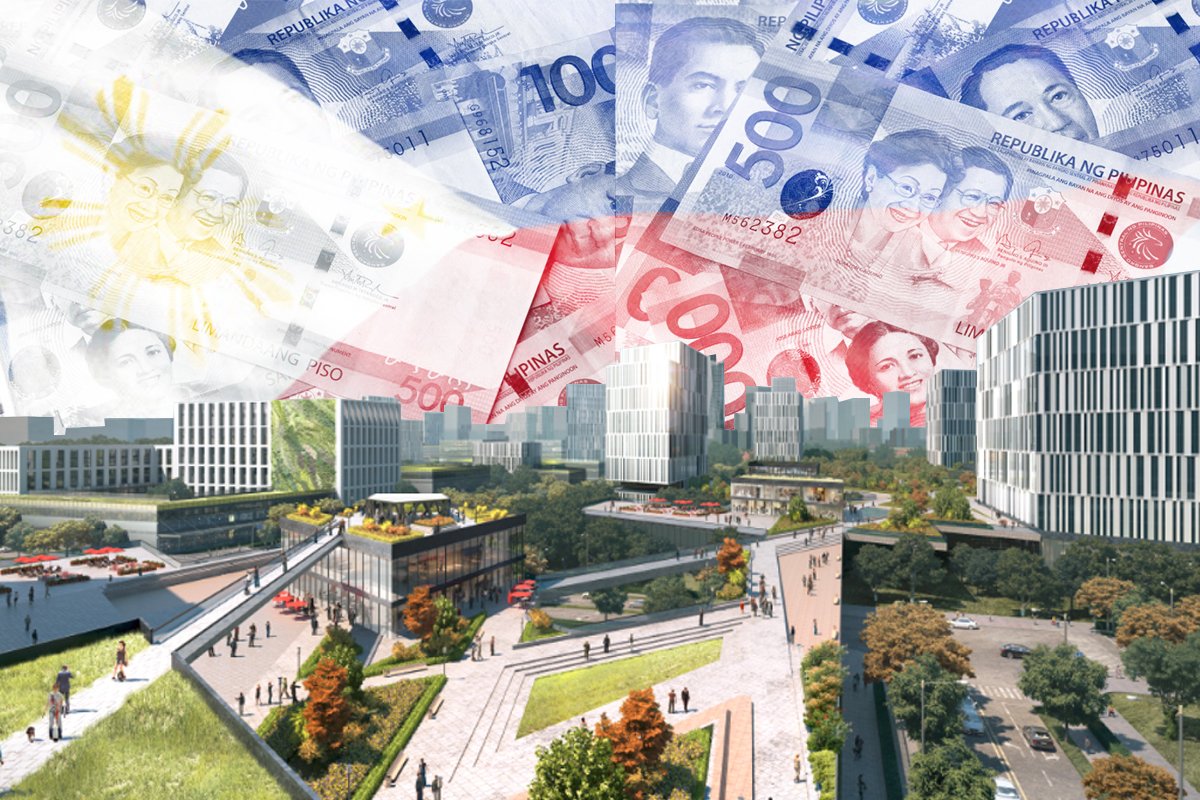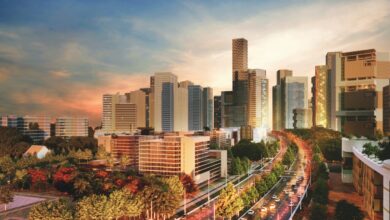
All Aboard: Why TRAIN is the tax we need
In the days leading up to Christmas Day 2017, the Duterte Administration announced what was dubbed its “Biggest Gift to Filipinos” as the Tax Reform for Acceleration and Inclusion (TRAIN) Act was finally signed into law. Five months later, and it has drawn no shortage of criticism, spurring not only questions like “Where are our taxes going?” but skepticism for the forthcoming second package that proposes to cut taxes for businesses.
None of this is surprising. Taxation has been up for debate since the days of Ancient Egypt, and will always be a question of boon versus burden. However, one of history’s constants in determining which it is or will be, has always been timing. And if we break down what the TRAIN law brings to the table, the most important question ultimately becomes – is now the time? Will the initial burden of paying more now fulfill the promise of economic growth we’ve all been yearning for?
First and foremost, what Filipinos have to remember is that the TRAIN law by design is meant to lower personal income tax rates while increasing levies on commodities such as oil, vehicles, coal, cigarettes and sweetened drinks.
Its long-term goal is to generate consistent and sufficient revenue to fund the government’s infrastructure programs – particularly those aimed at developing the country’s rural areas. Meanwhile, 30% of the generated revenue will be allocated to social services and mitigating measures that will protect Filipinos most vulnerable to the effects of the tax program.
Lower Tax Rates for Improved Living
With the first part of the TRAIN law in place, Filipinos earning an annual income of P250,000 and below now enjoy the benefits of being exempted from paying personal income tax. The wider coverage ensures that below-minimum-wage earners and the middle class experience bigger pay-offs from their monthly salaries, resulting in more savings and improved spending power.
The TRAIN law also fixes any inequalities that the previous tax model had by abolishing its outdated practice of imposing taxes on citizens earning a) an annual income of P10,000 and below, as well as b) those earning an annual income of P500,000 and above. Instead, the new system shifts the balance by applying a higher tax rate amounting to 35% to those earning P8 million annually, eliminating the burden from the rural poor and middle class.
Aside from the working class, small businesses are expected to benefit by being given the option to file a flat rate of 8% from their gross sales and receipts.
Taxing Made Simple
On top of reducing taxes collected from the working class, the new TRAIN law offers a more efficient and simplified process for companies and freelancers to file taxes. While the previous system limited you to filing taxes monthly or bi-monthly, the new tax reform now provides the options to do so on a quarterly or annual basis.
The new reform also reduces the length of the income tax return (ITR), cutting down the previous 12-page document to 2 for a simpler and more efficient bookkeeping process. These changes help eliminate any inequalities that the old tax system had, and helps prevent the chances of tax evasion.
Not to mention, the opportunities for innovation inspired by a government that thinks progressively when it comes to taxes. Have you tried the online payment portal created by the Development Bank of the Philippines (DBP) and the Bureau of Internal Revenue (BIR)?
Build, Build, Build
Since its inception, the TRAIN Law has helped amass P6 billion in excise tax in the first three months of the year alone, providing funds to support the government’s various programs geared toward economic growth.
The cornerstone is no less than the “Build Build Build” program, which focuses on the development of rural areas for business expansion (Mindanao Railway Project, anyone?). This focus has generated a buzz among investors from various sectors, even the once apprehensive BPO industry, as it allows them to expand their business outside the congested big cities.
Our lack of infrastructure has long been one of the main reasons why the country has been called The Sick Man of Asia, and it’s high time we [all] invest in changing that status quo.
Is Now the Time?
Even though Filipinos will have to adjust to certain spikes in prices of goods and services, it is important to remember that the new tax system offers much more in terms of long-term gain. The collective sacrifice we make now will serve as a mere transition to a better Philippines down the line.
So let the question “Is now the time?” remind us of a pair of more famous questions asked over and over through history: “If not us, then who? If not now, then when?”
Are we ready to build this country so that our children and their children’s children may live in a better Philippines? Or will we continue to sit on our hands and wait? What are we waiting for?




